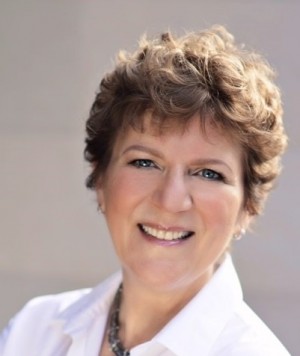Dear Friends,

This is the last Shabbat before Passover! We read the weekly Torah portion of Tzav which describes various kinds of sacrifices that our people brought to the Tabernacle, and later to the Temple, in ancient times. The Parsha reminds us of the dedication of the people of Israel who sought connection to God, to the Priestly officiants, and to one another. Today, as we prepare for our Passover Seder/s, we can get a sense of the kind of dedication and multi-faceted connection that our people sought when they brought sacrifices in ancient times. They prepared and we prepare. They came together and we come together. They had a “manual” with instructions on how to do the sacrifices and we have the Haggadah that outlines the rituals of the Seder/s for us.
Rituals, then and now, can have great impact and significance if we imbue them with meaning and if we carry them out with love.
I hope and pray that this Passover will be enhanced by the rituals we perform in preparation for Passover, as much as by the rituals of the Passover Seder/s themselves.
In that spirit, I share with you Pesah Tips 5778 – tips on traditional Passover observances – for this year:
Pesah Tips 5778
Thursday Evening, March 29 –
Bedikat Hametz – (Search for leaven): This is customarily done on the night before Passover immediately after sunset.
This ritual is especially effective and enjoyable for children…This is what we do:
a) Make sure all Hametz has been removed or locked away, with the exception of what will be needed for the morning for early breakfast…
b) Place several pieces of bread (of visible size) in various locations throughout the house.
c) Make the following blessing: Baruch ata Adonai, eloheynu melech ha-olam, asher kidshanu b’mitzvotav v’tzivanu al biur Hametz. Then, proceed (traditionally with lighted candle, feather or brush and a box or cloth for the bread collected) to look for any leaven that may be found in the house.
d) After all the bread pieces are found and gathered, make the following declaration: “All manner of leaven that is in my possession which I have not seen or have not removed, or have no knowledge of, shall be null and disowned as the dust of the earth.”
Friday Morning – March 30 –
Ta’anit Bekhorim (Fast of the Firstborn) – This daytime fast applies to the firstborn of either a mother or father. If you participate in a siyyum, completion of study of a tractate of rabbinic literature, this may be followed by a se’udat mitavah, a meal accompanying the performance of a mitzvah. Here, the performance of the mitzvah is the completion of study. All firstborn in attendance at a siyyum are then permitted to eat!
Biur Hametz (Disposing of the Hametz)-The container of hametz, gathered the evening before, is to be burned. The burning of the hamtez should be completed by the fifth hour after sunrise. No blessing is recited. However, a slightly modified version of the formula for nullification of hametz is recited, as follows: “Any leaven that may still be in the house, which I have or have not seen, which I have or have not removed, shall be as if it does not exist, and as the dust of the earth.”
Preparation for Yom Tov [Holiday]:
On Yom Tov, kindling a new fire is not permitted; however, the use of an existing fire for cooking or other purposes is permitted. On Shabbat, neither kindling a new fire nor transferring an existing fire is permitted.
To allow you to light candles for the second day of Yom Tov (Saturday night) ensure you have a fire burning before the beginning of Shabbat that will continue to burn at least until after dark when Shabbat ends. A pilot light or a long-burning (25-hour-plus) candle may be used for this purpose. During Yom Tov, one can light successive candles by transferring the flame.
On Friday night when lighting the candles, we recite the blessings: “Barukh Attah Adonai eloheynu melekh ha-olam asher kiddeshanu b’mitzvotav v’tzivanu l’hadlik ner shel Shabbat v’shel Yom Tov” and “…Shehecheyanu...”
On Saturday night, after dark, when lighting the candles, we recite the blessings: “Barukh Attah Adonai eloheynu melekh ha-olam asher kiddeshanu b’mitzvotav v’tzivanu l’hadlik ner shel Yom Tov” and “...Shehecheyanu...”
On Friday night the candles are lit before sundown. On Saturday night the candles are lit at least 25 minutes after sunset, by transferring the fire from an existing flame.
Most importantly, have a wonderful, happy, healthy and kosher Pesah and may this year be a year of true redemption and peace for us and for all of Israel and for all peoples everywhere!
Wishing you and your loved ones a Happy and Kosher Passover!